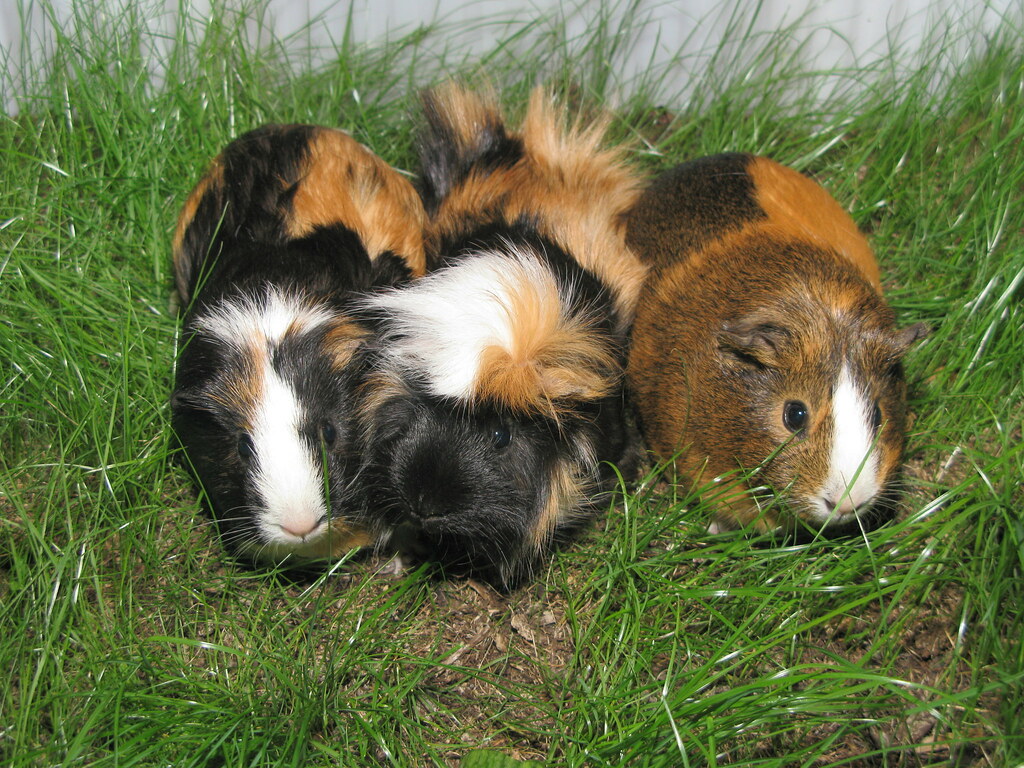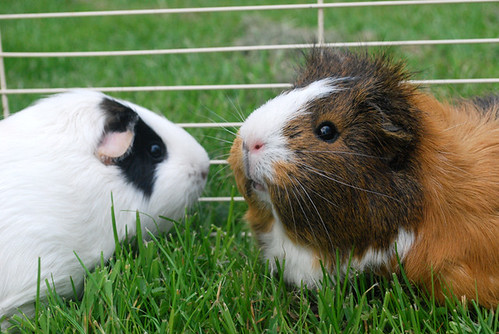Imagine the joy of having a guinea pig as your furry companion, their tiny noses twitching with curiosity. As a responsible pet owner, you’re undoubtedly concerned about their diet. One pressing question that often pops up is, “Can guinea pigs eat grapes?” In this article, we’ll delve into the grape debate, exploring the nutritional aspects, potential benefits, and risks associated with feeding these sweet treats to our adorable guinea pig friends.
Grapes in the Guinea Pig World: A Nutritional Analysis

When it comes to introducing new foods to our guinea pig’s diet, it’s crucial to understand the nutritional components. Grapes, being succulent and sweet, might seem like a delightful addition. However, moderation is key. While grapes offer essential vitamins and antioxidants, excessive consumption can pose health risks. Let’s embark on a journey through the nutritional labyrinth to unveil the truth about grapes for guinea pigs.
To Grape or Not to Grape: Weighing the Pros and Cons
The Sweet Perks:
Grapes boast a medley of vitamins, including vitamin C, a nutrient vital for guinea pigs to stave off scurvy. Antioxidants found in grapes can contribute to overall well-being.
The Sour Side:
On the flip side, the high sugar content in grapes may lead to obesity and other health issues. Additionally, the seeds and skin could pose choking hazards or digestive complications.
Navigating the Guinea Pig Gastronomy: Best Practices
1. Moderation Matters:
While grapes can be a delectable treat, moderation is paramount. Limiting the intake ensures that the nutritional benefits outweigh potential risks.
2. Seedless and Skinless:
Opt for seedless grapes and remove the skin to mitigate choking hazards and digestive concerns. This simple precaution can enhance the safety of this fruity indulgence.
3. Observe and Adapt:
Each guinea pig is unique. Pay attention to your pet’s response when introducing grapes. If any adverse reactions occur, it might be wise to reconsider grape consumption.
The Language of Guinea Pig Well-being: Signs to Watch For
Guinea pigs communicate their well-being through subtle cues. As a responsible pet owner, it’s essential to be attuned to these signs. Keep an eye out for changes in behavior, weight, and digestive patterns after introducing grapes to their diet.
Conclusion: A Grape-ful Perspective
In the grand tapestry of guinea pig nutrition, grapes can be woven in, but with a discerning hand. As we navigate the delicate balance between flavor and health, remember that the key lies in understanding and moderation. So, can guinea pigs eat grapes? The answer, wrapped in nutritional nuances, is a grape-ful yes, provided we tread carefully on the vine-laden path.
Frequently Asked Questions
1. Are grapes safe for guinea pigs?
Yes, grapes can be safe for guinea pigs when offered in moderation. Remove seeds and skin to minimize potential risks.
2. Can guinea pigs eat grape leaves?
While grapes are generally safe, grape leaves may be a choking hazard. Stick to the fruit itself for a safer treat.
3. How often can I feed grapes to my guinea pig?
Moderation is key. Limit grape intake to once or twice a week to ensure a balanced and healthy diet for your guinea pig.
4. What are the alternatives to grapes for guinea pigs?
Guinea pigs enjoy a variety of fruits and vegetables. Consider options like apples, carrots, and leafy greens as healthy alternatives.
5. How can I tell if my guinea pig is having digestive issues after eating grapes?
Watch for signs such as lethargy, changes in stool consistency, or a decrease in appetite. If any issues arise, consult your veterinarian promptly.

